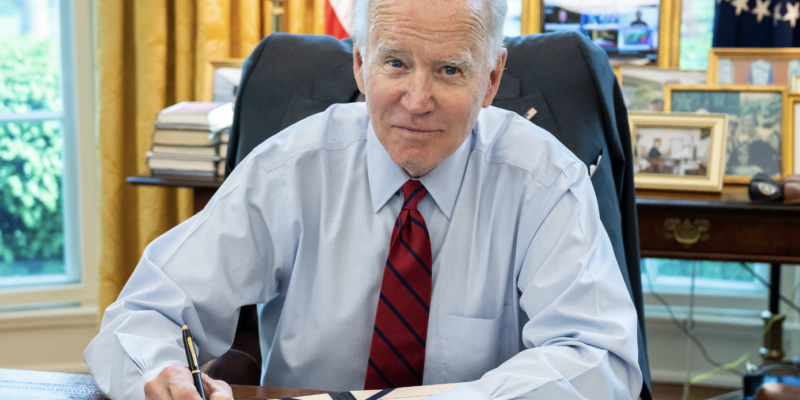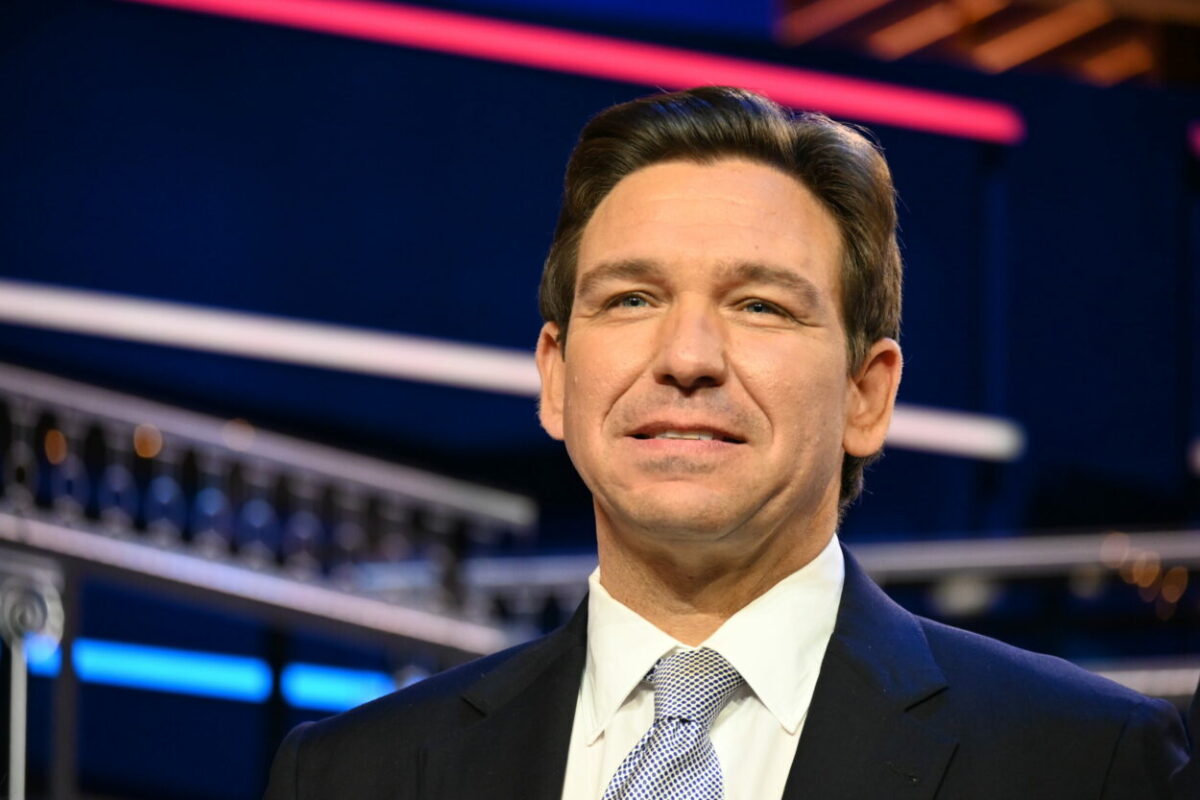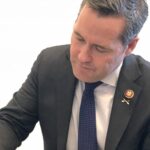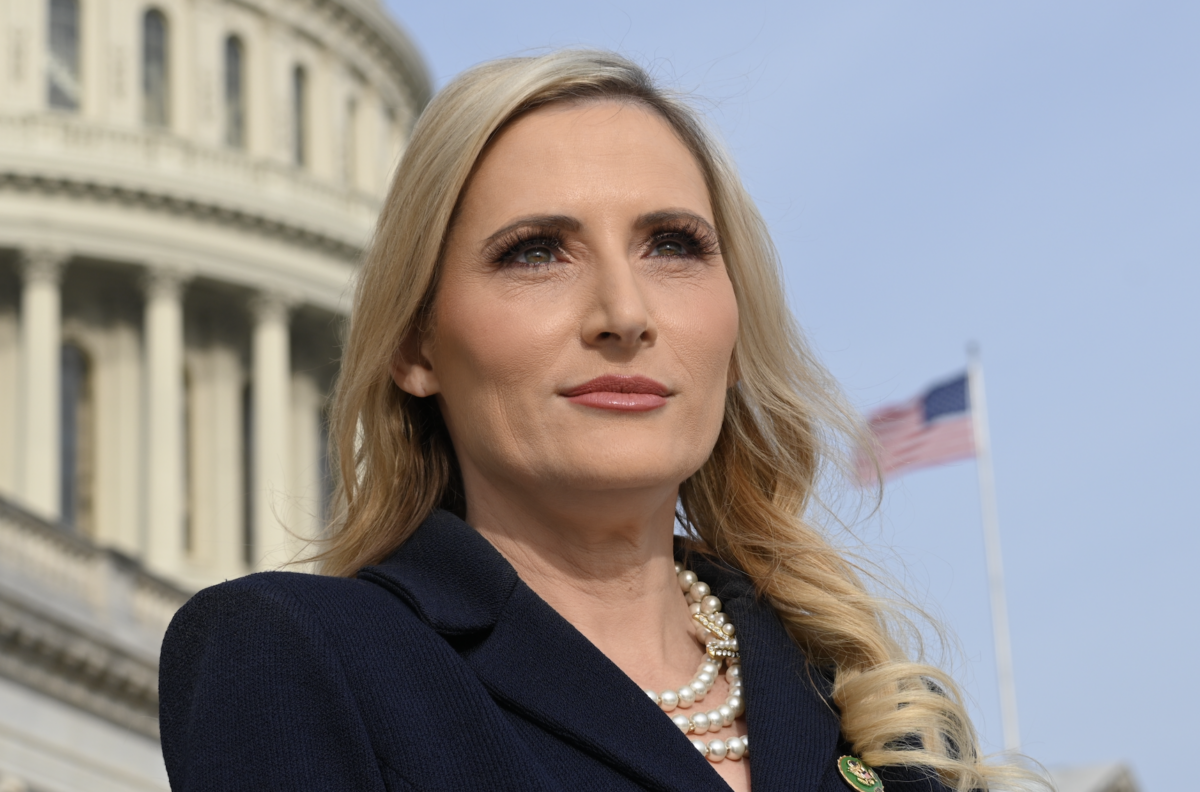The Biden administration announced Wednesday that it was partially lifting the economic sanctions it has maintained against Venezuela following a deal reached the day before by representatives of the Maduro regime and the Venezuelan opposition when they signed two separate accords paving the way for freer presidential elections to be held the second half of next year, that would be supervised by international observers, including the European Union and United Nations.
The agreements signed by the Venezuelan opposition and representatives of the Maduro regime in Barbados pledged to implement a number of electoral reforms, long demanded by the opposition, including the audit of the voters’ registry and the inclusion of voters residing outside the country.
The deal recognized that the opposition has the right to choose its own candidates but stopped short of lifting an existing ban on certain opposition leaders, including Maria Corina Machado, the top contender who is expected to easily win Sunday’s opposition primary.
The Biden administration said that it expects the Maduro government to take concrete steps to allow opposition candidates to be able to compete in the elections without restrictions and to release all Venezuelan political prisoners and U.S. citizens unfairly detained in the country.
A senior U.S. official, who spoke on background during a briefing with reporters, said: “The partial agreement signed yesterday clearly states that the promotion of a way forward for all candidates to be able to run, and be authorized, is part of that process,” the official said. “This is something that we consider vital to the process, and we also very clearly stated that this is essential for Venezuelans to have a choice – a democratic choice.”
The partial lifting of sanctions by the U.S. government grants a six-month general license that would temporarily authorize transactions in the Venezuelan oil and gas sectors, and a second general license that authorizes the operations of state-owned Minerven, a previously sanctioned gold mining company that had been forced to operate on the black market.
Additionally, it lifts a trade ban on the purchase and sale of certain Venezuelan sovereign bonds and bonds and securities belonging to the state oil company Petróleos de Venezuela, PDVSA.
The U.S. government warned that it would reinstate sanctions at any time if the Venezuelan regime fails to comply with its commitments.
“Failure to comply with the terms of this agreement will lead the United States to reverse the measures we have taken,” Secretary of State Antony Blinken said in a statement. “The United States supports the Venezuelan people and the actors who want a democratic future.”
Maduro began releasing political prisoners Wednesday night, a move that is expected to continue in the coming days.

The easing of sanctions against the Nicolas Maduro regime in Venezuela was greeted with mixed reviews by American lawmakers.
Rep. Debbie Wasserman Schultz, who has been an ardent voice of opposition against Dictator Maduro, praised President Biden's sanctions announcement.
“President Biden’s steadfast position that sanctions relief is contingent on these objectives and his recognition that negotiation is the best path to achieve them,” said Rep. Wasserman Schultz, adding that she is appreciative of “the leadership exemplified by the Unitary Platform and Venezuela’s opposition presidential candidates under arduous conditions.”
The “maximum pressure” sanctions against Venezuela, levied by former President Donald Trump in 2019, worked early on but have since appeared to fail as a result of Chinese, Iranian and Russian assistance to Venezuela to skirt the sanctions.
Another Florida lawmaker, Rep. Sheila Cherfilus-McCormick (D), is also supporting the call to reassess the U.S. sanctions placed on the Maduro regime.
Rep. Cherfilus-McCormick recently told The Floridian that she supported revisiting the sanctions, saying that they "are not always static" and instead "are always changing."
While Republicans like Sen. Marco Rubio (Fl-R) insist on holding strong sanctions against Venezuela, they do not shy away from expressing their concerns for the U.S. and the region’s biggest foreign adversary—China.
“The problem isn’t the sanctions; it’s the Biden Administration’s refusal to deploy sanctions against Chinese entities that violate U.S. law and undermine U.S. interests,” said Sen. Rubio in a statement to The Floridian.
In addition, Rep. Cory Mills (R), who is considered a foreign policy expert, contends that the Communist Chinese government is one of the existential threats America and its allies face, but still believes that those oil sanctions against Venezuela may have to be reassessed.
“The current sanctions against Venezuela’s criminal Maduro regime need to be reassessed as our adversaries (China/Russia) continue to undermine U.S. foreign policy throughout Latin America by helping them skirt those sanctions and furthering their economic and diplomatic relations," stated Rep. Mills.
In Venezuela, there were also mixed reviews. The front-runner in Sunday’s Venezuelan opposition primaries, Maria Corina Machado, from Vente party, who has been disqualified from running in a general election by the Maduro regime, said that she had “not been part of the negotiations” and that the agreement “does not specify actions and timetables.” However, she expressed her support for the Opposition’s main negotiator, Gerardo Blyde, who is “defending the rights of all Venezuelans.”
Antonio Ledezma, former Venezuelan Senator and political prisoner echoed this sentiment, stating: “There’s moments in life when we must assume historic responsibilities, and this is the role destined for Gerardo Blyde. I’m asking for a vote of confidence for him. I’d rather be optimistic than lose hope that those agreements will pave the way toward free elections and the release of civil and military-political prisoners.”
Michael Penfold, Executive Director for IESA, Business & Public Policy School in Caracas, said on his X account: “The reality is that any other alternative to the agreement is not only uncertain but also less attractive than executing what was agreed to, even if imperfect. This is a political and electoral opportunity —we’re still far from a transition. But with leadership, it can turn into a democratization and re-institutionalization process, if we tackle it with intelligence and responsibility. The alternative is to go back where we were: inertia and tragedy.”





